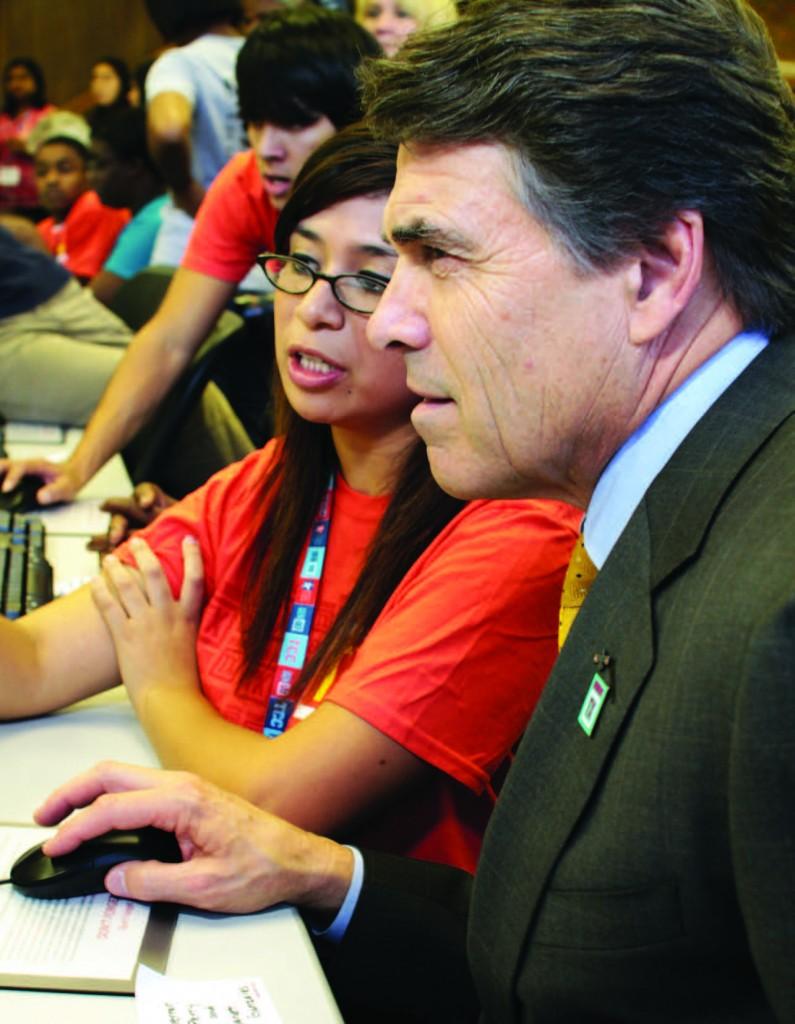By Ciaran Lambert/reporter
He said if students become super savers now, then when they’re ready to retire, they could.
“Money is always active, so as a member of this economy, you must be proactive when it comes to your savings,” he said.
Saleh also advised developing an emergency fund. He said if students would put $1,000 into savings now, they would be prepared for what things could go wrong. He described it as the escape route from Murphy’s Law, which states that whatever can go wrong, will go wrong.
Saleh explained the seven steps to developing a financial plan.
He included setting up an emergency fund, paying off all debt, building three to six months of expenses in the emergency fund, investing 15 percent of income in retirements, establishing college funding, paying off a home early and building wealth.
Saleh said the best way to get anything done is to set up a cash-flow plan.
“Every dollar of your income needs to have a name or put into a category,” he said. “If you have money left over, put it in a category even if you have to make up a new one.”
Saleh said by setting up a cash envelope system, students are giving their money a name and know where that money belongs.
Saleh said financial planning is not easy, and about 70 percent of Americans are one month away from financial disaster.
He also told students there will be some pain involved and that they need to be patient.
He said if students follow the plan laid out for them, they could give themselves a 30 percent raise with each paycheck.
Saleh told students that personal finance isn’t a get-rich-quick scheme, but it’s about changing behavior. It’s done with integrity, and it’s all about discipline.



























